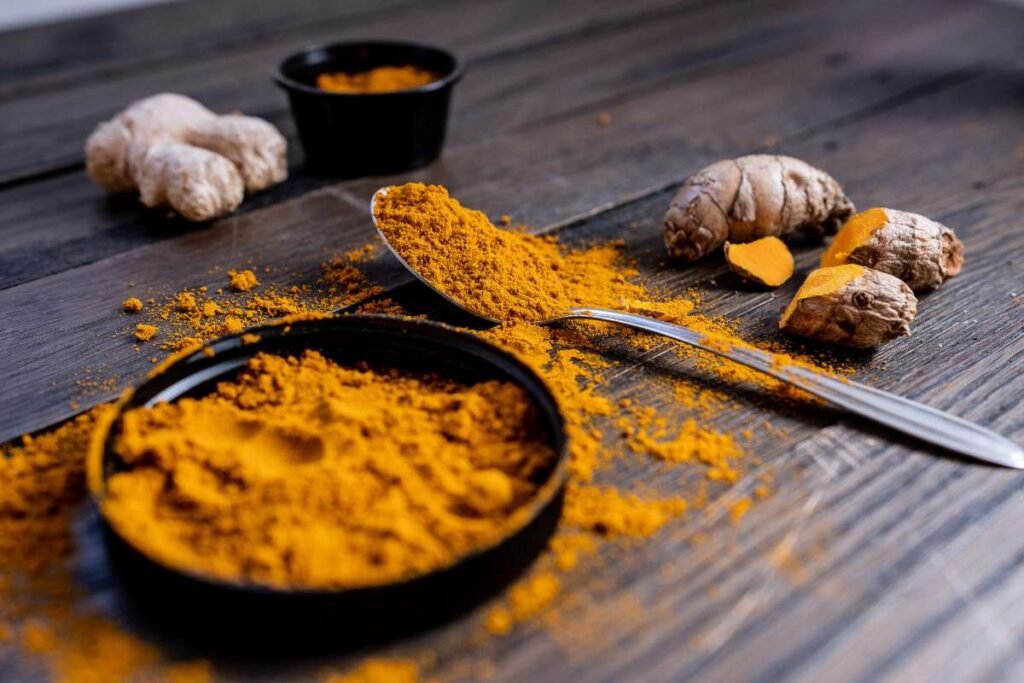A 54-year-old New Jersey man is urging others to think twice before using over-the-counter herbal supplements after a terrifying brush with Liver Damage that he believes stemmed from turmeric-based products. Robert Grafton, a father of five and former radiology technologist, began experiencing alarming symptoms in early March 2025 after adding a liquid turmeric supplement to his health regimen. Marketed as a liver booster, the supplement instead left Grafton with dark urine, nausea, itching, and appetite loss.
Medical evaluations revealed Grafton had suffered from drug-induced liver injury (DILI), a condition caused by the excessive intake of substances, often supplements, that the liver cannot effectively process. “My liver enzymes were super elevated… all the signs of liver failure,” Grafton told NBC, adding that he initially feared he had cancer. His supplement, reportedly containing 2,250 milligrams of curcumin (the active compound in turmeric) and black pepper extract, significantly exceeded the commonly accepted safe daily dosage of 2,000 milligrams.
Dr. Dina Halegoua-De Marzio, a hepatologist who treated Grafton, emphasized that while turmeric in food is generally safe, ultra-concentrated doses, especially liver damage when combined with compounds like black pepper that enhance absorption, can overwhelm the liver. She noted that despite Grafton discontinuing the supplement quickly, the damage had already occurred.
Supplements Often Unregulated and Risky, Experts Warn
Herbal and natural supplements are growing in popularity across the U.S., but health professionals are increasingly warning of their potential risks, especially since they are not regulated by the Food and Drug Administration (FDA). This lack of oversight means manufacturers are not required to prove their products are safe or effective before reaching consumers.
A 2024 study found that turmeric is the most commonly consumed supplement in the U.S., followed by green tea extract, ashwagandha, Garcinia cambogia, red yeast rice, and black cohosh. An estimated 15.6 million Americans take supplements containing at least one of these botanicals, most without consulting a physician.
Although turmeric is often celebrated for its anti-inflammatory and liver-supporting benefits, medical literature has also identified it as a contributor to liver damage in some cases. A 2010 peer-reviewed study estimated that more than 40,000 Americans report liver damage from supplements and medications each year, with over 2,000 fatalities.
More Cases Emerge, Highlighting Hidden Dangers
Grafton’s story is not unique. In April 2025, Jenny Ramirez experienced liver failure after consuming methylsulfonylmethane (MSM), a compound usually found in vitamins promoting hair, skin, and nail health. Although MSM is widely regarded as safe, emerging research suggests it could pose a risk to individuals with pre-existing liver issues.
In another case from 2023, a 45-year-old woman developed liver inflammation after drinking herbal tea for immunity. The culprit? Natural ingredients like reishi mushroom, aloe vera, and Siberian ginseng. Despite initial symptoms resembling hepatitis, tests confirmed the tea as the cause.
Fortunately, Grafton’s condition stabilized after he stopped taking the supplements, and follow-up testing revealed no permanent drug-induced liver injury Reflecting on his experience, he said, “It all sounded good, I thought I did enough digging.” He has since eliminated all supplements from his routine and encourages others to be vigilant: “I don’t take any supplements whatsoever.”
The growing number of drug-induced liver injury cases underscores the need for increased consumer awareness and possibly tighter regulation of dietary supplements that are widely perceived as safe but may carry hidden risks.









